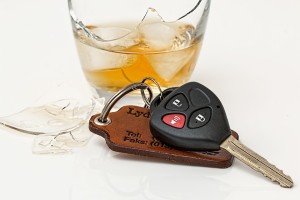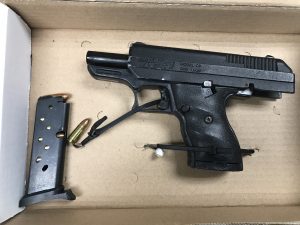 The last few months have been a relatively quiet time regarding medical marijuana news stories in Maryland. The program seems to be running smoothly and there have been no major incidents at state licensed grow houses and dispensaries such as break-ins or missing product. The baseless concerns about the possibility of kids and vagabonds hanging out in dispensary parking lots has obviously not come to fruition, and general crime involving medical marijuana has been pretty much nonexistent. Wait times at dispensaries has been manageable and the supply chain of flower is steady. There are still some gripes about the inexplicable absence of edibles and other forms of the medicine, but overall the program’s first year is going well.
The last few months have been a relatively quiet time regarding medical marijuana news stories in Maryland. The program seems to be running smoothly and there have been no major incidents at state licensed grow houses and dispensaries such as break-ins or missing product. The baseless concerns about the possibility of kids and vagabonds hanging out in dispensary parking lots has obviously not come to fruition, and general crime involving medical marijuana has been pretty much nonexistent. Wait times at dispensaries has been manageable and the supply chain of flower is steady. There are still some gripes about the inexplicable absence of edibles and other forms of the medicine, but overall the program’s first year is going well.
No news is good news for the (still) controversial medical marijuana program, so when you see the words medical marijuana in the Sun or the Post these days it’s likely to report a problem. There appears to be a pretty big problem for an Anne Arundel County grower that was one of the first to open for business in Maryland. Three employees of this particular grow house apparently sent sworn statements to the General Assembly, which accuse the grower of using illegal pesticides on their product in order to eliminate mold and pests. All three of the former employees were at the company last summer when they were allegedly told to spray at least one infested crop with pesticides that often were given code names by supervisors. This practice apparently continued for months until the employees took their concerns to the in-house compliance officer and subsequently left their jobs. Two of the three left back in April, while the third stayed on until June, all the while allegedly spraying the code named pesticides whenever told.
The company has categorically denied the use of pesticides, which were all illegal when the three employees said they were used. A recent tweak in the law now allows the temporary use of minimum risk pesticides, but this tweak is irrelevant to the claims of foul play by the employees. At least one dispensary from Queen Anne’s County is not buying the grow house’s denial, as their patients reportedly complained of burning eyes and throats after using their products. Owners of this dispensary have already stopped purchasing from the Anne Arundel grower and others may join in the future. The scandalous nature of this story is enhanced by the fact that one of the co-owners of the grow house is a prominent supporter of the governor, and even served on his transition team. This owner was allegedly informed of the pesticide use at two meetings back in April, but he has not commented on the allegations.
 Criminal Defense Lawyer Blog
Criminal Defense Lawyer Blog










